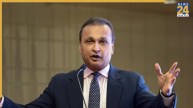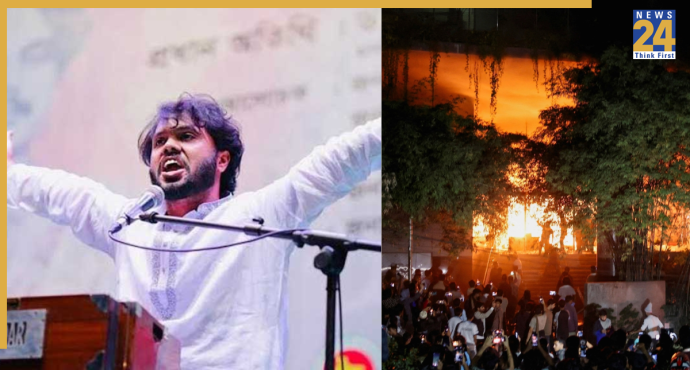The World Bank has lauded the transformative impact of Digital Public Infrastructure (DPI) in India over the past decade under the Narendra Modi-led government. The document, prepared by the World Bank as part of the G20 Global Partnership for Financial Inclusion
The document highlights the steps taken by the current Indian government and the central role of government policy and regulation in shaping landscape DPI.
One of the notable achievements mentioned in the report is India’s rapid progress in financial inclusion. Pradhan Mantri Jan Dhan Yojana, Aadhaar, and mobile phone numbers have played an important role in increasing financial enrollment rates.
In just six years, India has increased its financial inclusion rate from 25% in 2008 to more than 80% of adults, the report said. This enormous progress shortened the path to financial inclusion by 47 years, largely attributed to the influence of IPRs.
The article notes: “While the role of IPRs in this development is undeniable, other environmental variables and policies that depend on the availability of IPRs are important. These include interventions to create a more conducive legal and regulatory framework, national policies to expand account ownership, and promoting Aadhaar for identity verification.
India’s DPI has not only transformed the public sector but also improved the efficiency of private enterprises. Some non-banking financial institutions (NBFCs) have reported 8% higher conversion rates for SME loans, a 65% reduction in credit costs, and a 66% reduction in fraud detection costs, said the report.
The report highlights the tremendous success of India’s Unified Payments Interface (UPI), with over 9.41 billion transactions valued at around ₹14.89 trillion in May 2023 alone. In the financial year 2022-2023, the total value of UPI transactions has reached almost 50%. Nominal GDP of India.
The UPI-PayNow interconnector between India and Singapore, implemented in February 2023, has facilitated faster, cheaper, and more transparent cross-border payments, in line with G20 financial inclusion priorities.
Also Read: YOUR DEBIT & CREDIT CARD ARE NOT ONLY FINANCE TOOLS; ITS LIFE INSURANCE FOR YOU













